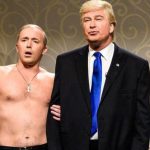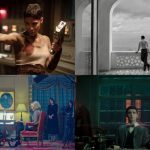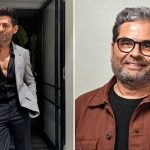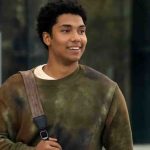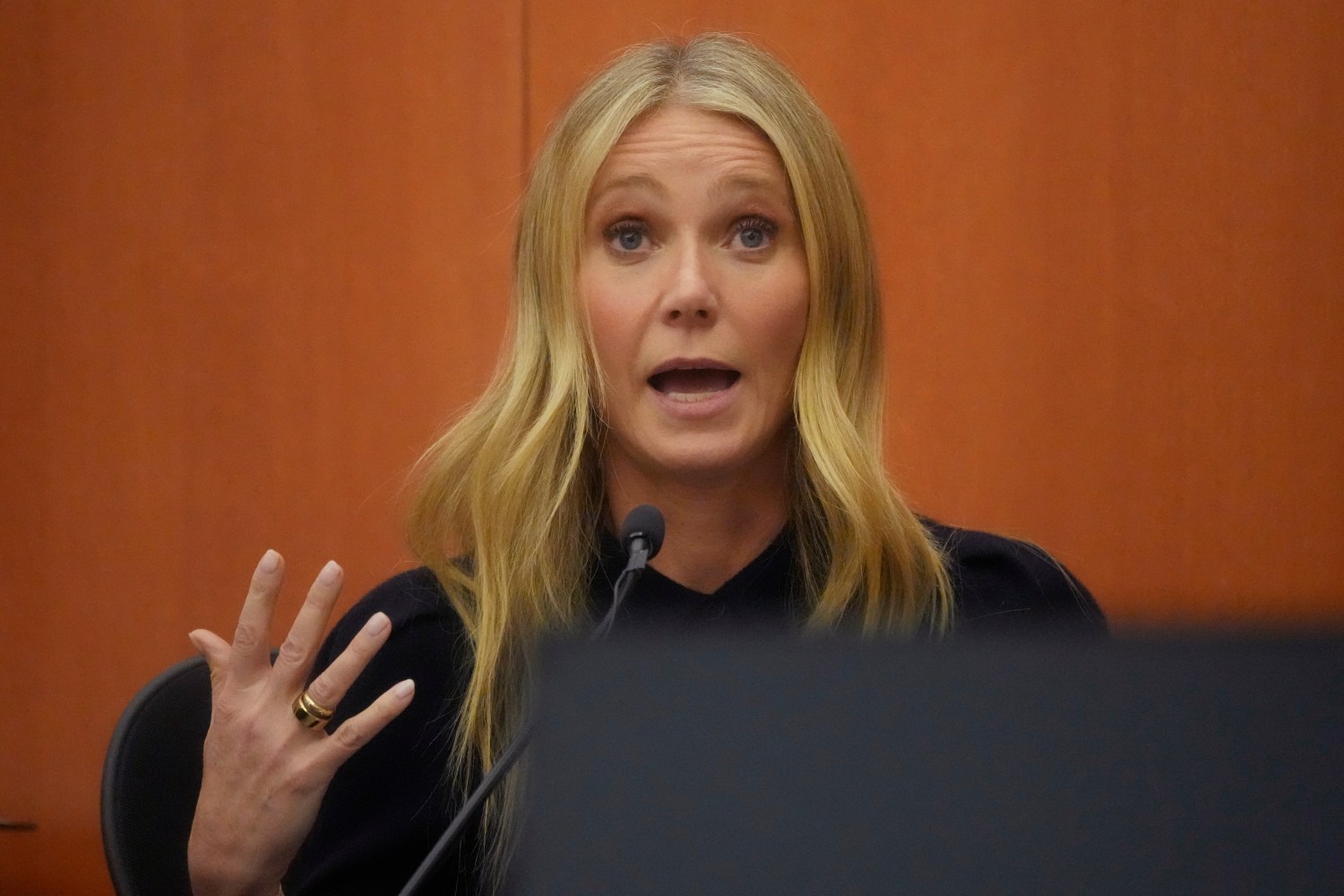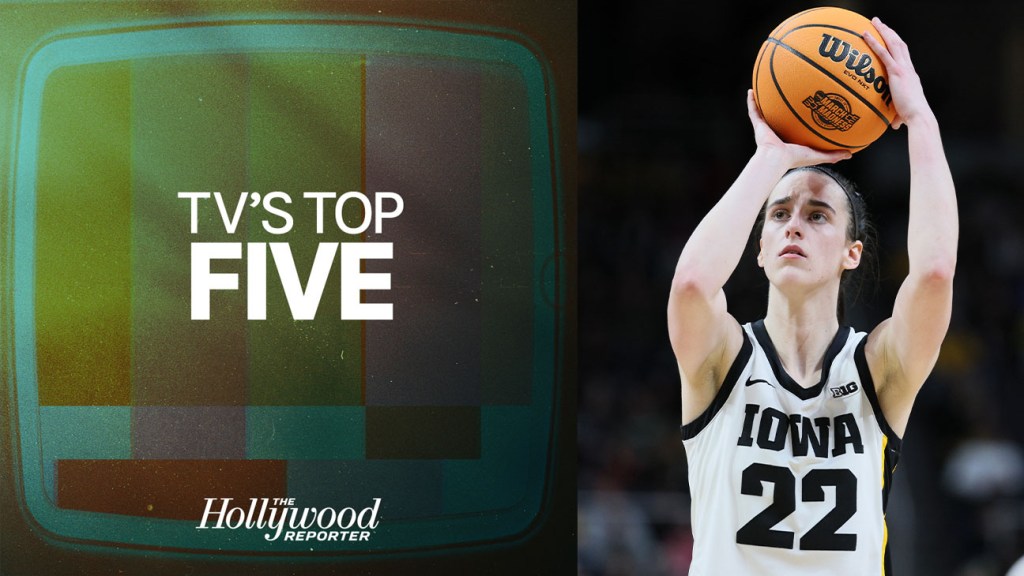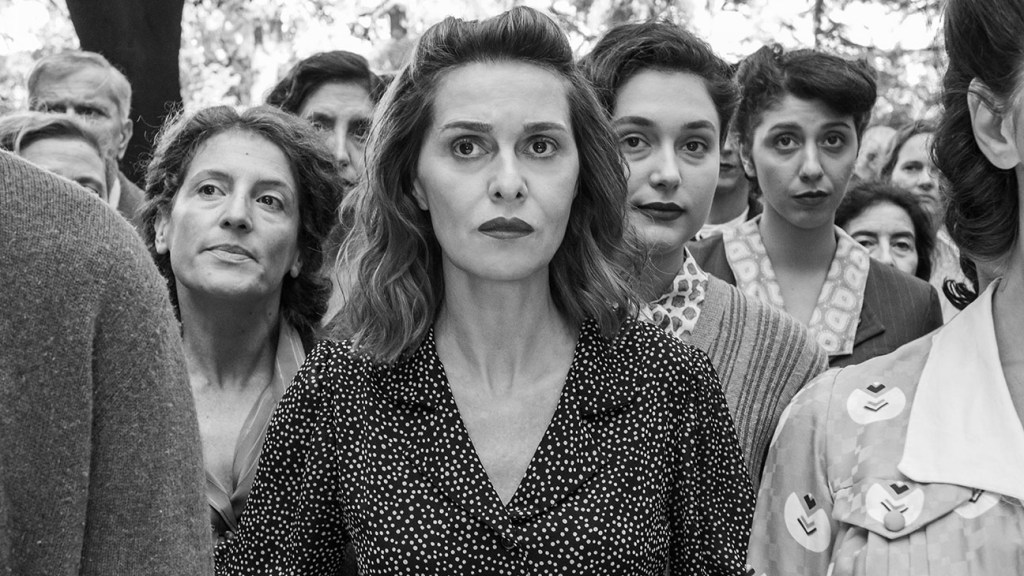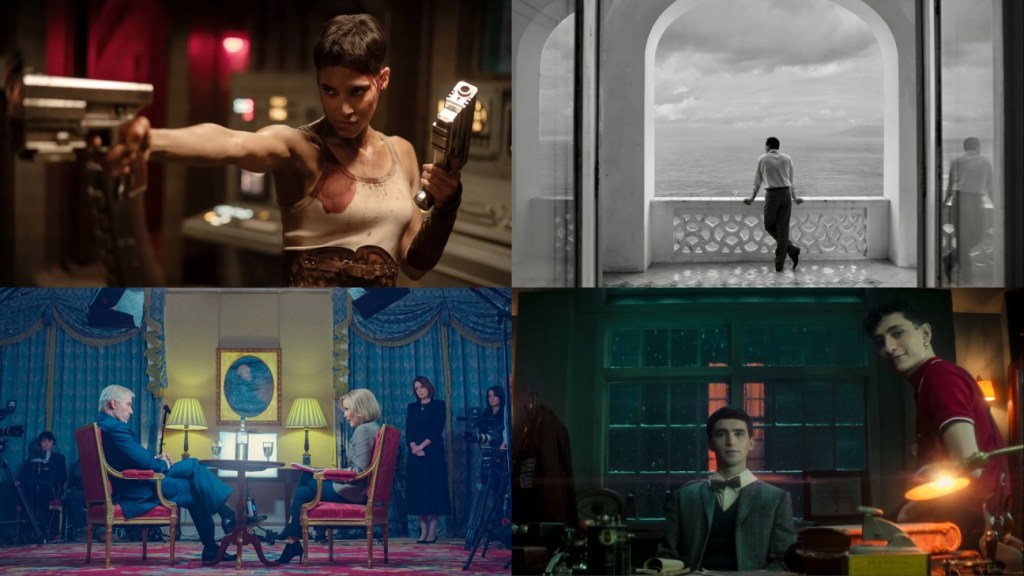The Hot Bench judges are no strangers to conflict.
Every week, the three-judge tribunal presides over small-claims cases ranging from tame disputes over property damage to wild clashes over accusations of sabotage between longtime friends.
Judges Michael Corriero, Rachel Juarez and Yodit Tewolde earned a wide variety of legal bona fides before joining the CBS series that hails from Judge Judy Sheindlin. Corriero served as a prosecutor in the Manhattan District Attorney’s Office, a criminal defense attorney and a judge for 28 years; Juarez worked at biglaw firm Quinn Emanuel Urquhart & Sullivan prior to founding a family law practice specializing in the representation of high net worth individuals; and Tewolde boasts extensive experience in criminal law from her years as an Assistant District Attorney in Dallas County and criminal defense attorney.
The most recent episode of the series featured a woman suing a car shop owner for refusing to return new tires and rims she installed on the vehicle, which was repossessed. Ultimately, the judges ruled in favor of the defendant.
“It’s hard for us to believe that you met your burden of proof, given your failure to produce in this courtroom receipts — just simple receipts that you paid the payments on time and that you paid them in full,” said Corriero. “Therefore, your case is dismissed.”
While no case is too small or too outlandish for the judges, they’re also familiar with high-profile litigation and closely monitor matters in off-camera courtrooms. The panel sat down with The Hollywood Reporter for a wide-ranging conversation on Hollywood cases including Jonathan Majors’ conviction, Danny Masterson’s chances on appeal and Alec Baldwin’s potential criminal liability over the shooting on the set of Rust — and share why criminal procedurals like Law & Order are warping jurors’ expectations.
Whose lawyers in a high-profile civil or criminal case this year impressed you?
Rachel Juarez: One of the things that stood out to me this year was how in Gwyneth Paltrow‘s trial, she got what appeared to be some excellent legal advice to be herself when she testified. I think there was a general sense that the jury might not like Gwyneth Paltrow. They might see her as privileged. They might see her as unrelatable. Instead of trying to make herself relatable, or be something she wasn’t, it seemed pretty clear that she was told to ‘just be yourself.’ When it comes to credibility, I think that was huge because that was a case that depended on evaluating two different people’s account of an event. I think the jury believed hers and, in part, that was because she came off as authentic, even if not perhaps relatable, and truthful.
Rick Bowmer-Pool/Getty Images
Yodit Tewolde: Juries are perceptive. They can pick up on disingenuous energy. It doesn’t matter if you won an Oscar or not. That’s been tried before with celebrity cases where a celebrity who’s an actor will go up on the stand and think that they can act their way into making a jury believe their version. It’s just not going to work. Not when you have several of your peers watching every single thing that you’re doing. You can’t get away with it.
What are your thoughts on Jonathan Majors’ conviction?
Michael Corriero: I thought the verdict is a clear example of the jury’s role as sacrosanct. There was an incredible amount of publicity from both sides on what happened and what didn’t. The jury was able to cut through all of that and made some very crucial distinctions. For example, he was charged with intentional assault as the top count — intending to cause a physical injury of his accuser — and was found guilty of reckless assault, meaning that the jury felt that whatever he did it was not intended to cause a physical injury. The jury really took the time to cut through both the prosecution’s theory and defense theory to come up with a solution which they felt was fair just under the circumstances.
Juarez: I agree with Michael. The jury really looked carefully at the charges and the evidence and carefully decided that the evidence matched one of the charges but not the others.

Alexi Rosenfeld/Getty Images
Text messages from a previous alleged incident were shown to the jury and it seemed that Mr. Majors’ attorney opened the door to that on cross-examination. What are your thoughts on what happened there, and what impact do you think those texts had on the jury?
Tewolde: I think she opened the door, if I’m not mistaken, when she was cross-examining the accuser and was really pressing her on her vague answers to law enforcement. “Well, didn’t you say this, but then you meant this or why did you not say this?” And the judge allowed the prosecution to provide more context for the jury as to why she was so vague. That’s when the older text message came through about her not wanting to really tell the truth.
Corriero: Probably the worst thing a losing criminal defense lawyer would want to hear — and I was a criminal defense lawyer for seven years before I became a judge and after I left the prosecutor’s office — is that you opened the door to incriminating evidence. So, I’m not going there because this question of the parameters of cross-examination goes directly to the skill level of an experienced trial lawyer. Sometimes we walk a razor’s edge in cross-examination. This is a very delicate area, and I don’t know how it played out. I wouldn’t be comfortable in saying that she opened the door. It may very well have been part of her strategy to get it all out there.
Juarez: I know the big takeaway was he was convicted on two of the counts, but he was also exonerated on two of the accounts. That would suggest that these text messages didn’t sow anger and offend the jury [to the extent that] they just threw the book at him. So, again, it’s kind of hard to know if this opening the door type situation was deliberate. Did she know that these would probably come in but felt that the trade-off on cross-examination was worth it? Or perhaps it wasn’t part of a broader strategy because the defense wasn’t entirely unsuccessful. We can’t ignore that.
Danny Masterson’s appeal is likely to focus, in part, on the introduction of uncharged bad acts witnesses and prosecutors being allowed to directly argue that he drugged his victims. What do you make of those arguments and what do you think his chances of success are?
Juarez: There’s going to be a lot of interesting issues on his appeal because you have the very unusual circumstance of a trial, a mistrial, and then a retrial where there were significantly different evidentiary decisions made by the judge. That’s not particularly common. The notion of these bad acts and also the testimony and the evidence about Scientology, both of which were far more limited in the first trial and came into play in the second trial. For that reason, one could assume that they were a key reason for the difference in verdicts. It would be a decent assumption that they bore at least some weight on that.
The evidence of the drugging of the victims, clearly that is prejudicial in the sense that it makes him look worse, but when you’re evaluating these things, the question is unfair prejudice. Is it unfairly prejudicial? The evidence, as I understand it, is that he was drugging the victims in connection with the assaults. That type of evidence would seem to be closely related enough to the actual offenses that it would not be the type of unfairly prejudicial character testimony, or uncharged prior bad act testimony, that would only paint them in a bad light and not shed any light in a probative and relevant sense.

Lucy Nicholson – Pool/Getty Images
Corriero: From a judicial perspective, these kinds of questions about whether or not to admit evidence of uncharged similar bad acts are fundamentally difficult, especially in the context in which they arrived in the trial. For example, in the [Harvey] Weinstein case this is a major issue on appeal. He was convicted, in part, on evidence that there were other women who were preyed upon in a similar fashion. He was never convicted for those prior acts. Some of them are due to the statute of limitations, yet the evidence came in during the course of the trial. Now the trial judge at that point has to [deal] with the balancing act because, generally speaking, evidence of uncharged crimes is inadmissible. Why? Because you can’t attempt to prove that the person is guilty of this crime because he did something bad in the past. However, if that evidence explains in some way what happened then it could be relevant. But these are very, very difficult issues to resolve, and the appellate courts have always had issues with them, as well as judges.
We’re still waiting on the grand jury’s decision on whether to indict Alec Baldwin. Do you think his conduct on the set of Rust rises to the level of manslaughter?
Juarez: This one is really tough. I think this case is an excellent snapshot of how we don’t know all the evidence and how we don’t know what’s going on behind the scenes, because this was a case where the prosecution initially dismissed the charges without prejudice and then discovery came to light many, many months later that appears to show other things. From what I have seen in the public, I have a hard time finding him criminally responsible.
Corriero: What I think is very significant about this trial is that he’s not being charged with intentionally causing the death. He’s being charged with reckless behavior. What is crucial here are the facts of what he was aware of, or not aware of, when he acted.

We’ve seen a series of missteps from the DA’s office, like engaging in media tour and having to downgrade and eventually dismiss charges, as well as the special prosecutor stepping down. What do you make of how they’ve handled this case?
Corriero: One of the very first things that we were told as young [district attorneys] was not to speak to the press. That’s not your role. You do not share with the press what you believe because that can unfairly prejudice a potential jury.
Tewolde: I was very aware as a prosecutor that my thoughts on things and speaking to the press become the thoughts of the entire office. That’s a huge responsibility and that’s something that you just can’t do. It also makes you not look as credible when you’re making your case to the court of public opinion. Save all that for the actual courtroom.
Juarez: You also have to take into account the actions of his attorneys. He is incredibly well-represented, and I think it’s difficult to assume that the prosecution has made blunders as opposed to he’s receiving excellent representation, or a number of other factors.
Over the past year, we’ve seen a series of lawsuits filed against high-profile individuals — Sean Combs, Jamie Foxx, Axl Rose — from plaintiffs taking advantage of New York’s Adult Survivors Act and suing over sexual misconduct that, in some alleged instances, took place decades ago. What are some of the indicators you like see in cases like this to substantiate the allegations?
Tewolde: Evidence documenting the physical injuries, medical records. Of course, not having those things doesn’t mean that a crime didn’t occur, but those are some of the pieces of evidence I’d want to see. When you talk about accusations that were made a long time ago, 10 or 20 years, it would be helpful to have an outcry witness come forward — the person that heard these allegations from the victim [at the time] is most certainly helpful.
Juarez: Everybody understands that memory fades, but juries are going to have to be very carefully instructed and someone is going to need to explain to them that there was no social media and people didn’t carry cameras around. There was not prolific DNA analysis 20, 25 years ago. The type of evidence that juries might want to see because they follow cases today or because they watch Law & Order or CSI, not only is it not going to exist, but it couldn’t have existed 20 years ago because people didn’t have a video camera in their pocket.

Everett
Tewolde Damn Law & Order. I used to have to instruct juries not to expect CSI, Law & Order type of evidence because that’s what they expect. [They’re like,] “You’re lifting fingerprints off a doorknob, right?”
Juarez: I had a friend who was a prosecutor who had to explain a lot of times that touch DNA, which they talk about in so many of these criminal shows, is not something that the jury can expect to see in a burglary case. It’s just not a thing, and everyone’s waiting for the touch DNA to come out.
What cases are you going to be following in 2024?
Tewolde: For me, it’s [Donald] Trump in his first criminal trial scheduled for March in Washington on election interference, because it’s going to be interesting to see how that legal case and his race for the White House are going to influence each other.
Corriero: And this case now awaiting consideration by the Supreme Court about this issue of presidential immunity. What it stands for goes right to those very core criminal justice principles that no person is above the law and the issue of equal application of the law. We’re going to have two epic events in the upcoming year. One is the election. The other is the decisions made by the judiciary and how we as a country are going to be going forward in the next year for the next generation.

Mike Segar-Pool/Getty Images
Tewolde: What’s frightening for me is that you have so many people in this country who still believe that the 2020 election was stolen and, if Donald Trump is found guilty in this case, are people going to believe in our system of justice? Or are they going to believe that’s rigged too? I’m afraid what that is going to do to our system of justice that’s already not trusted by so many.
Corriero: That’s why Hot Bench is so important. We try our best to do justice within the principles that we hold dearly and that’s what distinguishes us. We are hoping to send a message to people that transcends not only the entertainment value but the societal value where people can see three people from different perspectives, different ages, different traditions, struggling to find what is just in an honorable way.
Interview edited for length and clarity.



